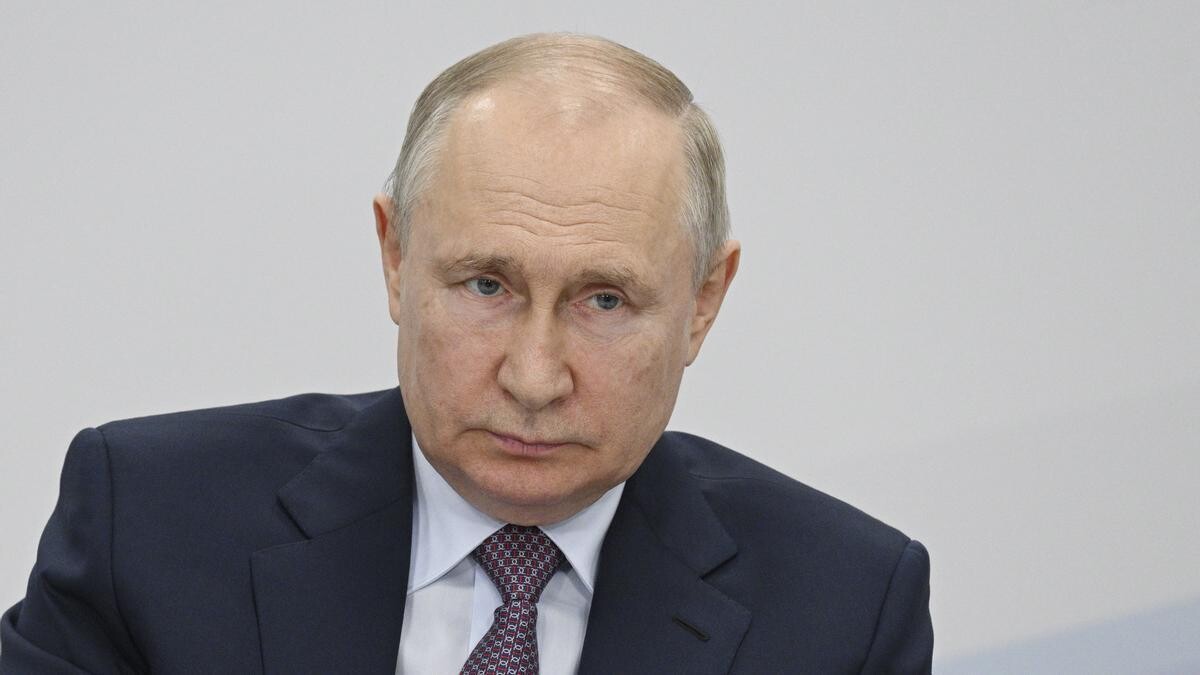
The threat of submarine cables and telecommunications in Europe is being taken very seriously. The West is facing Vladimir Putin's Russia on several fronts, including critical submarine infrastructure. Although Russia denies its participation in the attacks, European governments have been warned about the vulnerability of these essential lines, which are unprotected and exposed to potential sabotage.
Experts warn that Russia's particular attention to submarine cables is part of its strategy to secure information superiority and restrict data flow, which was evident during the annexation of Crimea in 2014. The presence of the Yantar ship near critical infrastructure in several European countries has been interpreted as a provocation, leading to increased tensions in the region.
In January 2025, the British Navy was monitoring Yantar's movements, generating accusations from UK Secretary of Defense John Healey, who pointed to it as yet another example of rising Russian aggressiveness. These incidents have led NATO to increase its presence in the Baltic Sea and for countries like Estonia to reinforce the protection of their submarine cables.
The complexity of the submarine cable network, spanning 1.4 million kilometers worldwide, highlights the possibility of sabotage that could affect not only data transmission but also electricity supply. This is why states are strengthening their security at the expense of naive trust in the protection of these vital systems. Analysts warn about the vulnerability of these cables and the need to be prepared for potential attacks in a context of geopolitical tension.















